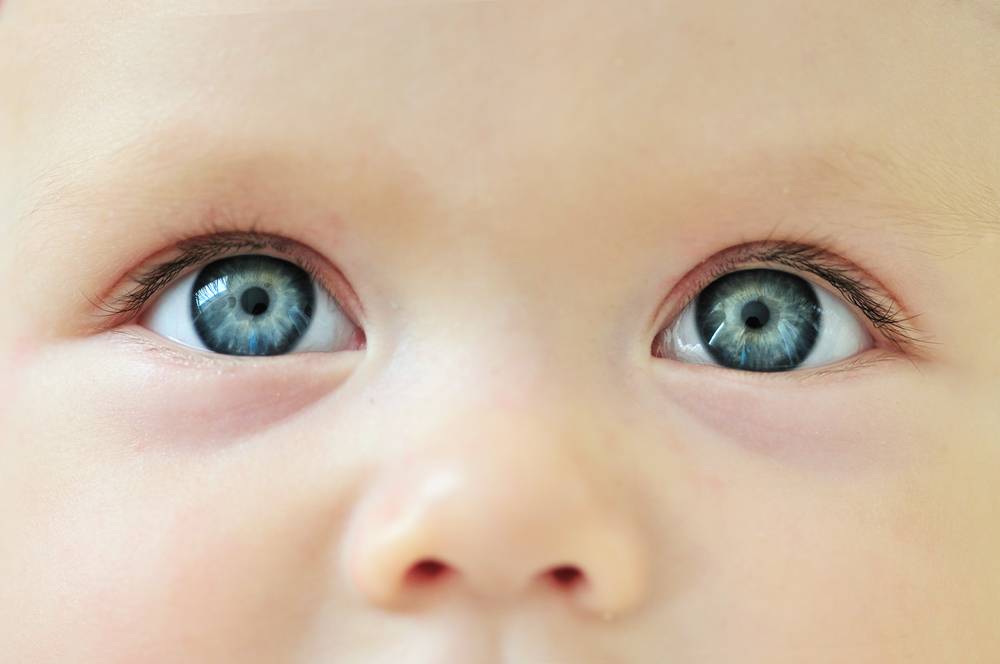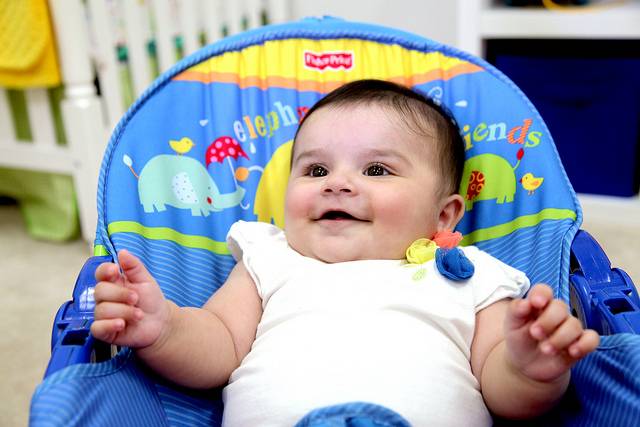
What is deferred imitation and how does it impact child development?
Key Points: Deferred imitation is the ability of children to reproduce actions they’ve observed after a delay, offering insights into…
[cat_cust_menu]

Key Points: Deferred imitation is the ability of children to reproduce actions they’ve observed after a delay, offering insights into…

Key points: 1. Baby boys’ brain development is more vulnerable and slower than girls’. 2. Early experiences significantly affect baby…

Key points: Introverted and bashful children are often confused, but they are different. Bashful children want to socialize but find…

Key points: Parents tend to praise their children frequently, but not all types of praise benefit children in the same…

Key points: Human babies have been biologically programmed to respond to certain nurturing practices which are necessary for healthy brain…

Key points: 1. Social and emotional development is a better predictor of success than IQ. Studies show emotional control leads…

Key points: Balance is a fundamental sense reinforced through repetitive motion. The vestibular system, responsible for balance, often goes unnoticed…

Key points: 1. Baby’s sight is crucial for perceiving and learning about the world. 2. Visual development involves both nature…

Key points: 1. Love and stability during early childhood are crucial for managing stress and shaping a child’s future. 2….

Key points: Resilience is a key skill that parents should foster in their children. Resilience is the ability to adapt…

Key points: Play is a key component in a child’s development, allowing them to develop imagination, cognitive skills, physical agility,…

Key points: Newborns have blurry vision and gradually develop better eyesight. Baby’s vision is crucial for learning about the world….
Subscribe to our newsletter and join Kinedu’s community